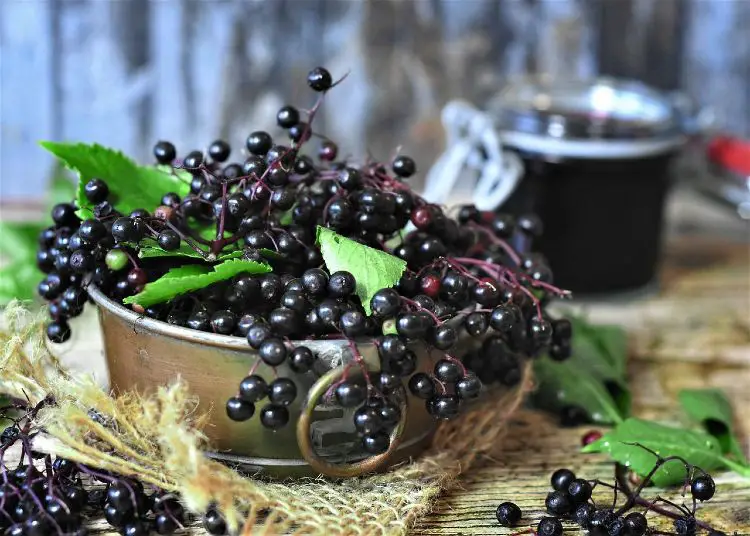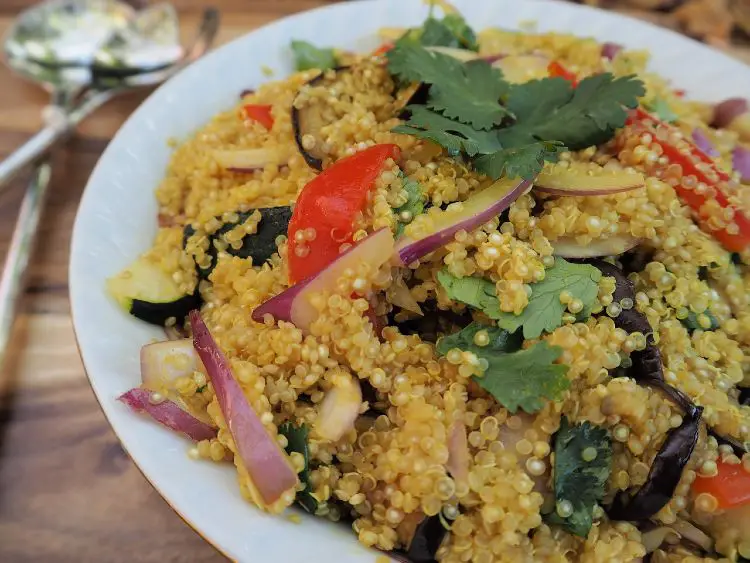Resilient Foodie Market Town: Marlborough in Wiltshire
Marlborough boasts the second widest high street in Great Britain, and this will undoubtedly be the first thing you will notice upon entering the town from the northern most end of the chalky downs, past Barbury Castle. Rebuilt after a great fire in 1653, a central highway axis flanked by imposing architecture, merchants’ houses, a town hall and main church announces Marlborough’s affluence and gentility as soon as you turn the corner into its centre. Home to one of England’s oldest public schools, alma mater to our future queen, Marlborough is the town that political journalists turn to when assessing the voting zeitgeist, the civic concerns and economic pulse of middle aged, middle class, middle Britain.
I was drawn to live near it because I loved its small, family owned independent shops, its quiet, unassuming heart and felt at home in its boutique culture, reminiscent of Northern Italy, the land of my parents and ancestors.
About a year ago the town’s only greengrocer closed down, and in its place there is now one of three of the town’s fabric and re-upholstery shops. There is more lucre in paisley than in food, seemingly. The Waitrose in the town dominates the foodie landscape of the daily shoppers, with its own acreage of car parking space at the back and soon-to-be installed café at the front of the store. Much of Wiltshire is very rural and in its agricultural hinterlands jobs are very few and far between, yet this is a rich catchment area. The majority of prosperous north Wiltshire’s wealthier folk buy all their food from this one store, and there is little that will change that mindset. Mark Price, Waitrose’s Chief Executive claimed he did not want shoppers to think of the store as “posh”, but, food, as we all know is a class issue in Britain, and nowhere are divisions more profoundly felt than in the middle of Marlborough’s wide, patrician high street.
As I walk through the market on a windswept morning, I can well understand the concerns of the food traders who run the stalls here. Sarah von Etzdorf runs a preserves stall called “In the Jam”, jars of pickles, jams, chutneys, marmalades and home made cakes displaying her artisanal talent and skill. She, and fellow traders, Liz and Ryan, tell me how difficult the recession has been for them. Although it only costs £23 to set up a stall at the market, Wiltshire Council does little to help them, and the local newspaper, The Gazette and Herald, holds little interest in covering their stories or raising awareness of their businesses. Draconian parking measures, and road works blocking one of the entrances into the town over the River Kennet, have done much to diminish their livelihoods. Since the closures of Woolworths and the Somerfield Supermarket, at the beginning of the recession, their takings have halved and never recovered. Their core customer base is the section of the population that now drives to the new out of town Tesco store, the final nail in all small food shops’ coffins.
Ryan believes that the Marlborough market is an opportunity for the local residents to meet, greet and chatter. As in most market towns all over the land, an ageing demographic means that many residents are either retired, widowed or without a car, and therefore rely on the traders not just for their weekly food necessities, but also for company and human contact. Liz feels sure that all the stalls also offer much better value for money than the shops, and opportunities for bartering mean further discounts for the canny and the cocky. They want their message heard, yet few of the town’s officials are listening.
The fruit and vegetable stall is doing a roaring trade, its owners shouting produce names and prices in cockney accents, their wares piled high and sold cheap. Sonia Wright, owner of the plant nursery at Ogbourne St. George, has a stall here twice a week, but she is quite downbeat. She believes that if there is no economic recovery in 2011 many of her peers in the industry will cease trading. I have been buying the most wonderful potted herbs from her for three years, and she grows many of them herself. An expert plants woman and multi award winner at The Royal Chelsea Flower Show, it is a travesty that her work is so undervalued.
Talking to many of the town’s small business owners, in cafes, restaurants and food shops, the economic harshness of lack of custom is repeatedly described as “the vicious circle”. The supply chain for many small food enterprises is extremely fragile. When customers dwindle in number, the shop has a cashflow shortfall which banks refuse to top up with extra overdraft facility. As a result, suppliers very quickly refuse to deliver more food to them, and as a direct consequence fewer customers return to small shops because the shelves are empty.
A shop which is never empty, of neither customers nor stock, is Mr. Sumbler’s butcher shop on the London Road. People travel from every corner of the county and beyond to buy the rare breed pork, homemade sausages and pies, free range poultry, Dexter beef and wild game. Queues form every day of the week, and the meat there is outstanding. He is a prime example of a relatively expensive product selling in high volumes, delivered with excellent service by a small family run business. It can be done.
In Old Hughenden Yard, replete with cobble stones and archway, there is a small hub of independent traders and family run shops. Among them, Wild Thymes, which also houses La Petite Fromagerie, has walls lined from floor to ceiling with shelves of tempting wholefoods, a central table filled with fresh bread in wicker baskets, a chiller cabinet of organic produce and rows upon rows of every kind of supplements and specialist foods. In the centre of the shop, a large fridge displays both local and international cheeses, the Beenleigh and Barkham blues nestled amongst the Taleggio and Parmiggiano. The shop’s owner, Chris Markham, is sure that the town’s residents will support small traders through the difficult times “I love my job, my shop and my customers”, says Chris “and locals will continue to embrace the smaller, more artisanal shops because this is where they get the best service, the best products and a personal touch”. He applauds the efforts of Mary Portas, on television, and Rose Prince, through “The Good Produce’s Guide” in rallying the nation to seek out smaller retailers. As we stand and discuss the foodie economic barometer of Marlborough, a couple of shoppers describe Chris as a “national treasure”. His passion is infectious, and his unstinting cheeriness inspirational.
The sales assistants in The White Horse Bookshop are equally positive about the future. The cookery section is filled with the great and the good of food writing across the decades, yet if a particular recipe tome is missing, they will order it for you and leave a courteous message on your answerphone, quicker than Amazon could possibly deliver, to tell you that it’s arrived. They have decided to team up with Bob and Nickki Holman who own The Food Gallery delicatessen and café at the bottom end of the town. The latter will stock some of their cookery books and the former will refer foodie cutomers looking for ingredients back to them. Collaboration between merchants seems to be the way forward.
Resilience is the positive capacity of people to cope with adversity. Over 350 years since this phoenix town rose from the ashes I do believe there is a great determination amongst the food traders of Marlborough to see this recession through. It is up its residents and visitors to seek them, support them and secure their future. Some of its customers may be posh, but many more are just ordinary people working extraordinarily hard to stay afloat.
www.soniawrightplants.com
www.thefoodgallery.co.uk
www.whitehorsebooks.co.uk
Wild Thymes – 2 Old Hughenden Yard, Marlborough. Telephone: 01672 516373
In a Jam – Stockley Farmhouse, Stockley, Calne, Wiltshire, Telephone: 07901 884622



